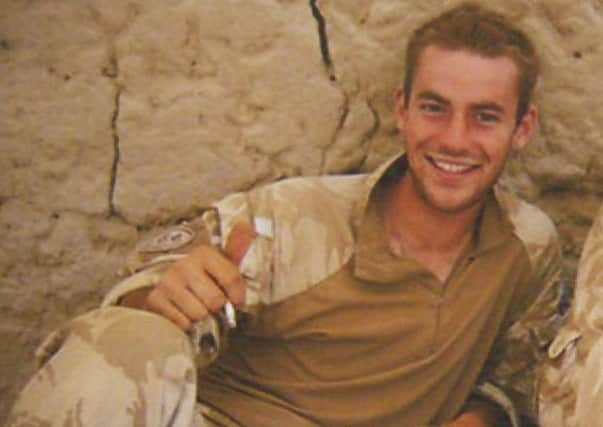Leader comment: There must be no cover-up of veteran suicides


“To any mum, I’d say ‘keep an eye on your son coming out the army.’”
In The Scotsman today, the grieving mother of Aaron Black – who killed himself at the age of 22, seven months after leaving the Black Watch while suffering from post-traumatic stress disorder – offers this advice to relatives of veterans in the hope that they will have a chance of preventing a loved one from taking their own life.
Advertisement
Hide AdAdvertisement
Hide AdJune Black did not know her son had made several suicide attempts and “continued to have suicidal thinking” after a tour of duty in Afghanistan, where he witnessed the death of a friend in an explosion.
But the military did know. It was written in his army medical records.
The idea that young soldiers sent off to war might struggle to cope with what they were asked to do by their country on their return home is hardly a new one.
So many people will be shocked to learn that veteran suicide figures are not publicly available and are therefore not open to democratic scrutiny.
It took an investigation by Johnston Press to establish that 16 veterans have taken their lives since January this year.
Suicide can be a difficult thing to prevent. But any country that sends its soldiers to war has a duty of care towards them when they return. And the effectiveness of that care needs to be assessed and improved if it falls short of an acceptable standard.
Calling for both the Westminster and Holyrood governments to release the figures annually, human rights lawyer Aamer Anwar said it was an “absolute disgrace” that the figures were kept hidden, a practice that he said “smacks of an official cover-up”.
During remembrance services, we honour those who died in war, bravely serving their country, and Robert Binyon’s moving poem, from 1914, is often read:
“They shall grow not old, as we that are left grow old:
Age shall not weary them, nor the years condemn.
At the going down of the sun and in the morning
We will remember them.”
Advertisement
Hide AdAdvertisement
Hide AdBut, as a society, we must also remember the living and the mental wounds that war can inflict.
This is important if we are to ensure that our governments treat their care with the seriousness it deserves and that it is not left to mothers to “keep an eye” on their sons and daughters.
